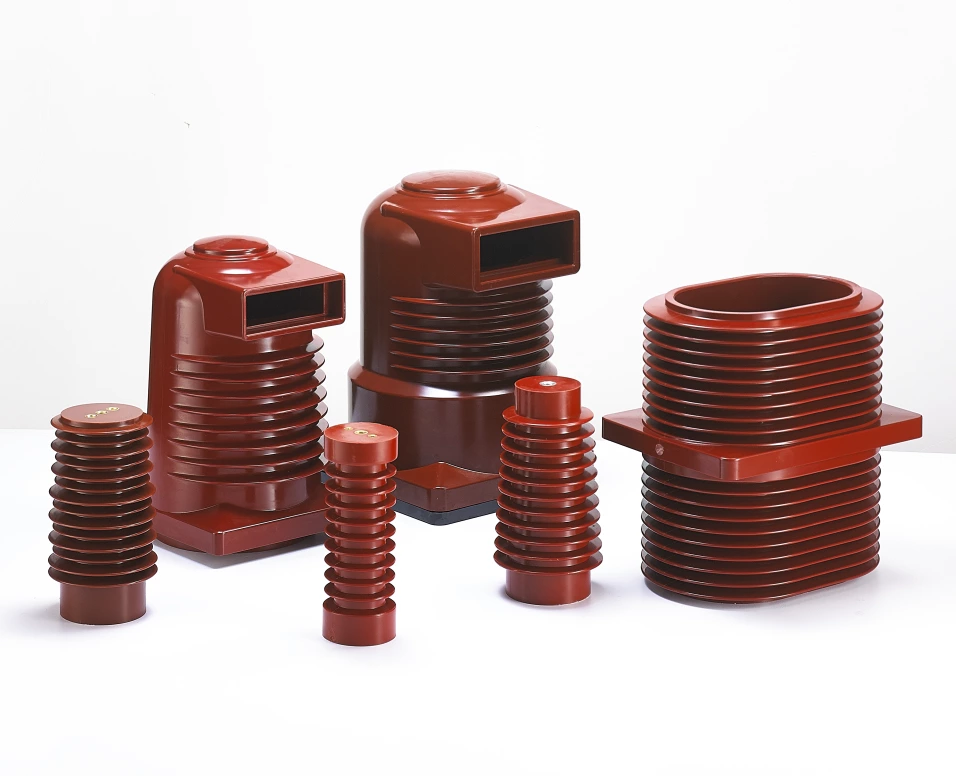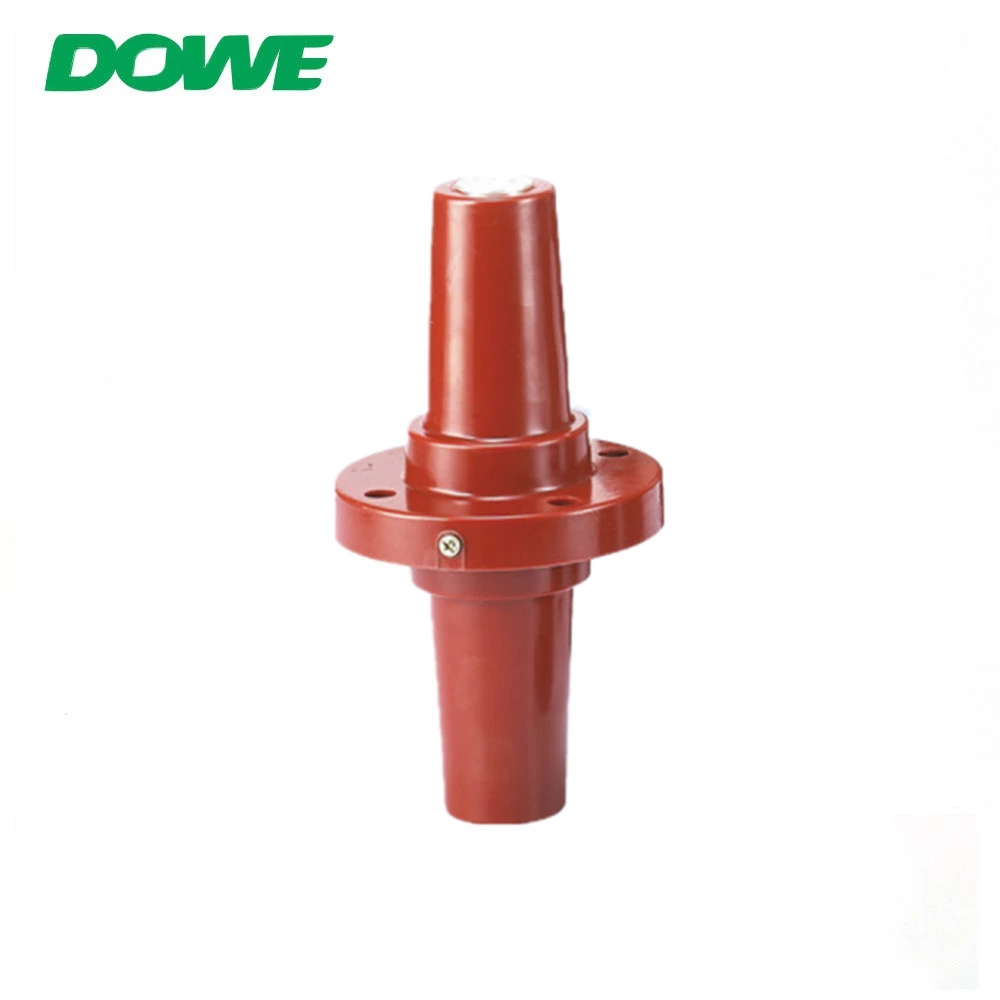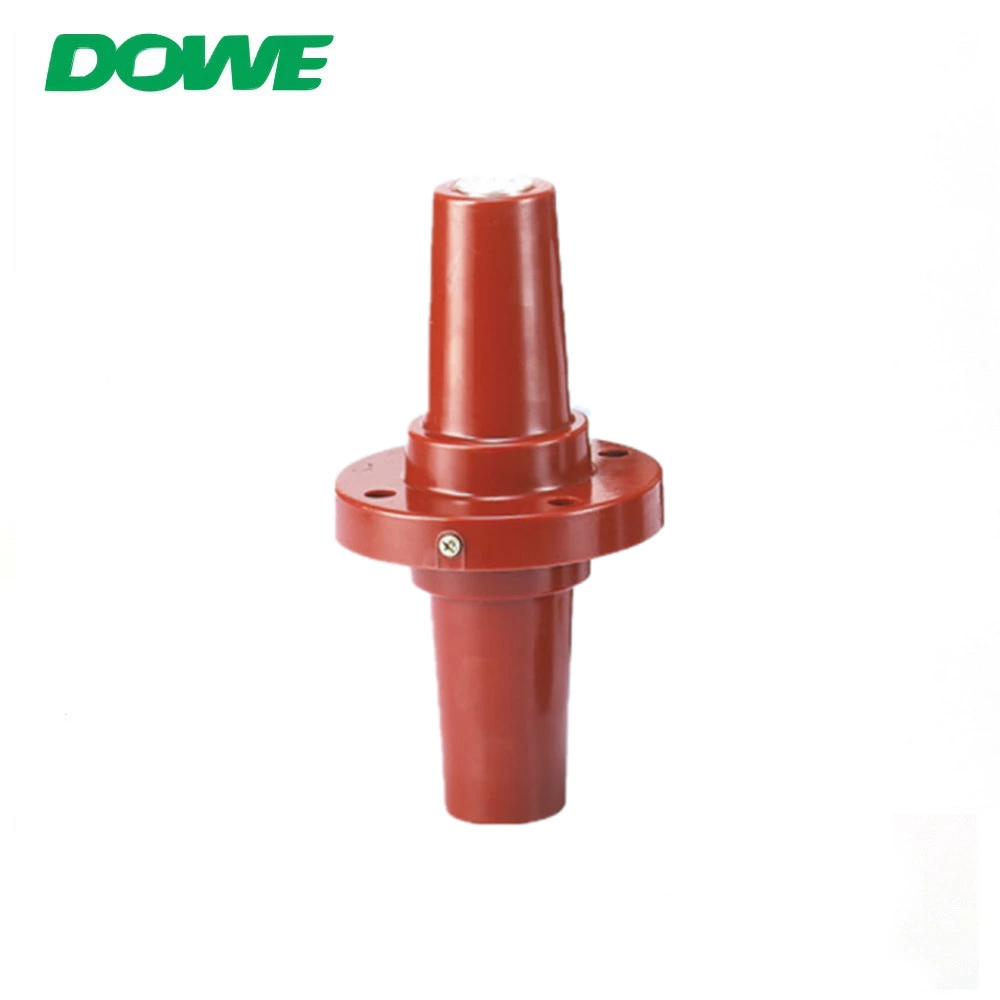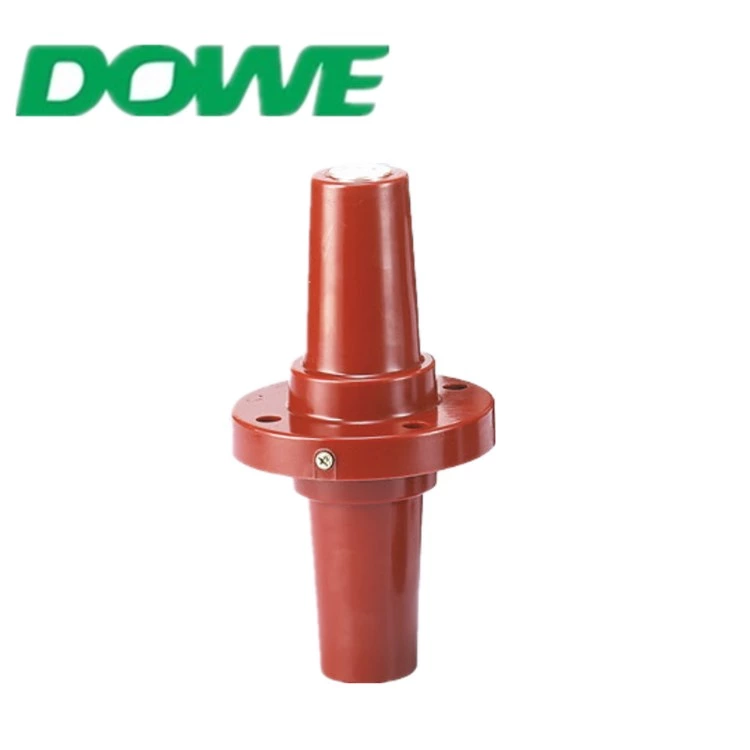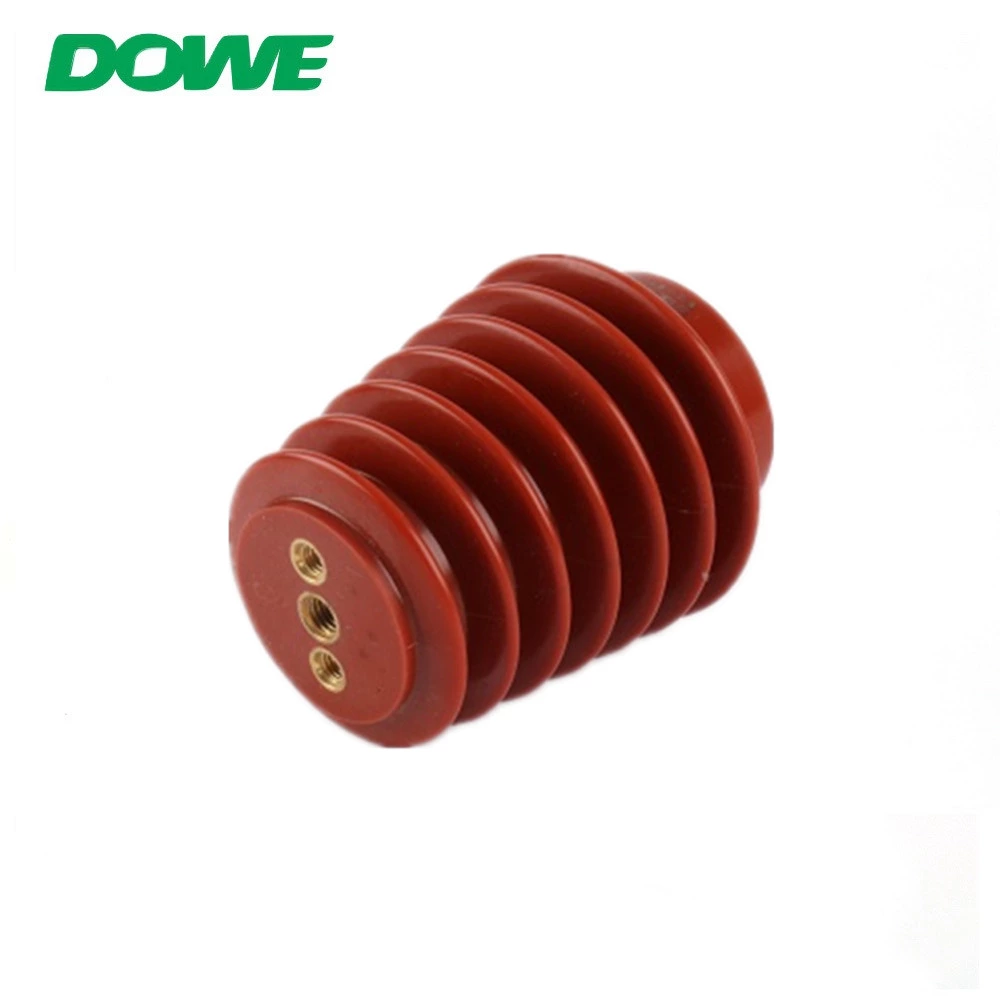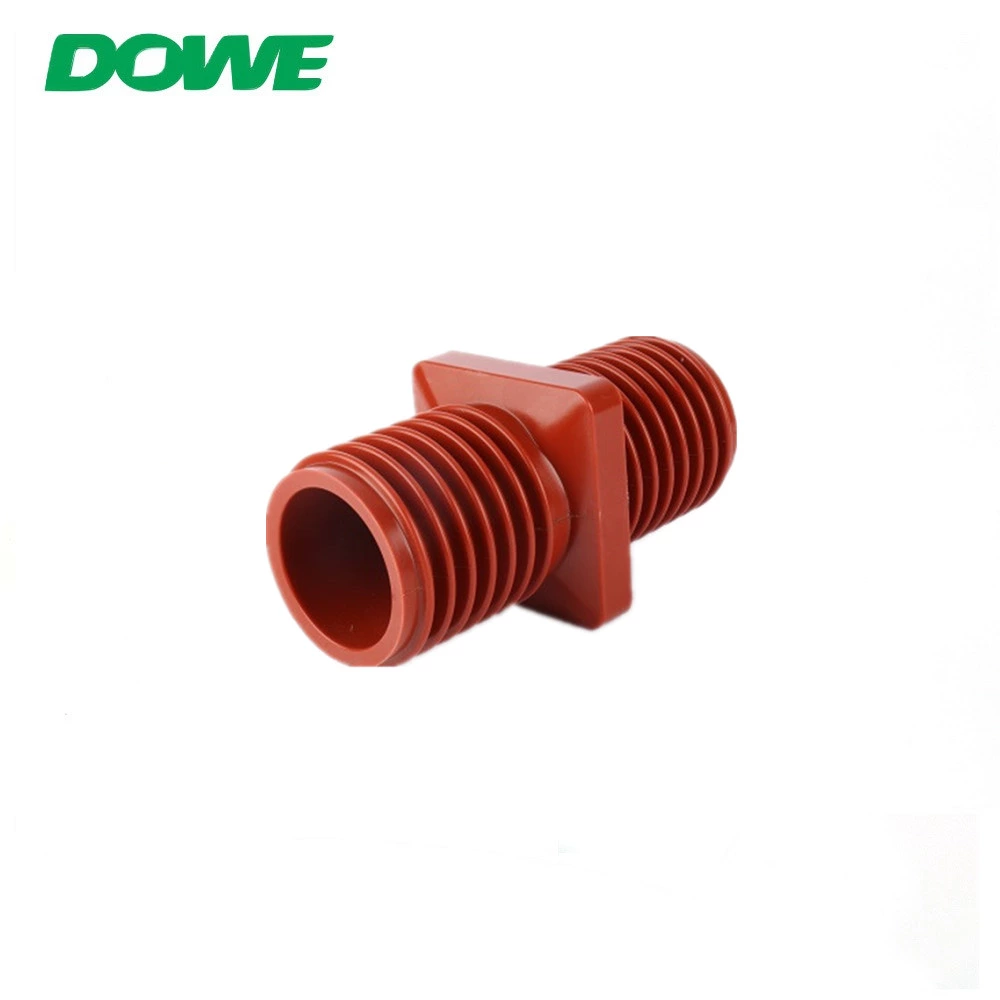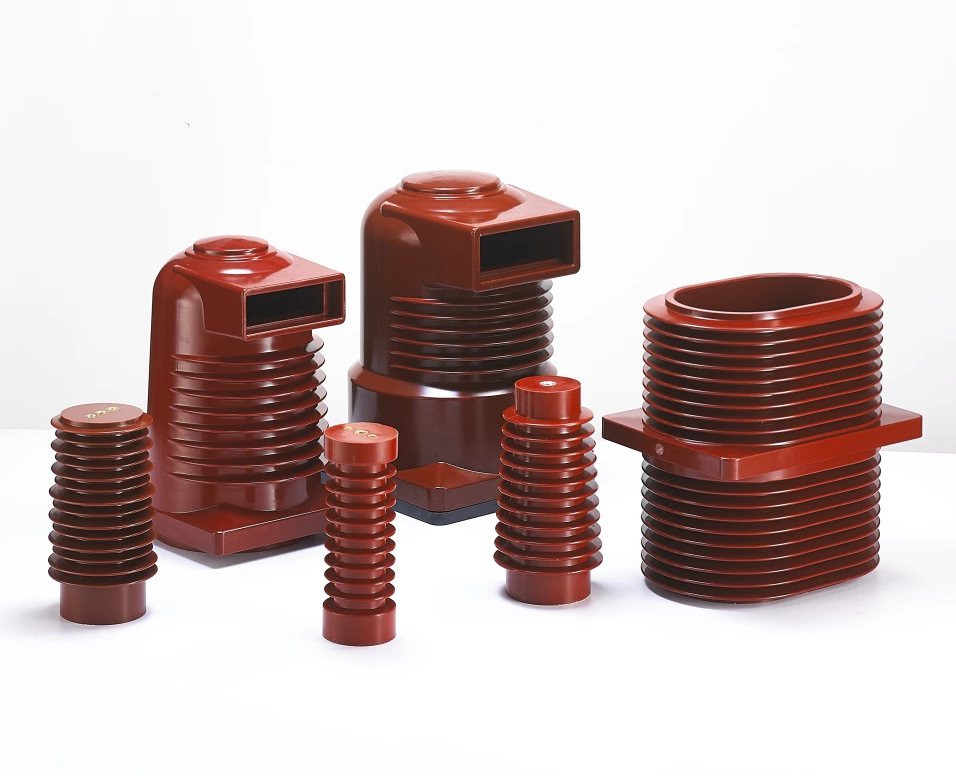Why Should You Consider Panel Busbar Insulators for Compact Electrical Panels?

When it comes to designing electrical systems, especially in compact spaces, efficiency and safety are paramount. One often-overlooked component that can make a significant impact is the panel busbar insulator. But why exactly should you consider using them for your electrical panels?
Panel busbar insulators provide reliable insulation, reduce space usage, and enhance the overall safety of compact electrical panels. Their use is vital to prevent short circuits and enhance the longevity of your system.
As electrical systems become more compact, the need for efficient, space-saving components like busbar insulators has never been higher. In this post, we’ll explore why these components are essential for modern electrical designs and how they can improve both safety and performance.
[Table of contents]
- What Are Panel Busbar Insulators and Why Are They Important?
- How Do Panel Busbar Insulators Contribute to Safety in Compact Panels?
- What Are the Benefits of Using Panel Busbar Insulators in Electrical Design?
- How Do Busbar Insulators Help with Heat Dissipation in Small Spaces?
- What Should You Look for When Choosing Panel Busbar Insulators?
- Conclusion
What Are Panel Busbar Insulators and Why Are They Important?
Panel busbar insulators are components used to isolate electrical busbars from the panel chassis, preventing unintended electrical contact. Their role is crucial for maintaining the reliability of the system. What is a busbar in electrical panels?1
Busbar insulators also contribute to maintaining a clean design, especially in compact electrical panels. Without the insulator, the busbar could potentially short-circuit with other components within the panel, causing a system failure. Why is dielectric strength important for busbar insulators?2

How Do Panel Busbar Insulators Contribute to Safety in Compact Panels?
These insulators play a key role in preventing electrical shorts by isolating live parts of the busbar from the panel. This isolation is essential for maintaining a safe working environment, especially in confined spaces.
By using panel busbar insulators, you can ensure that the electrical flow remains within the designated paths. These insulators are designed to handle high voltages without allowing electrical leakage, making them indispensable for both safety and operational efficiency. How does compact electrical panel design improve efficiency?3
What Are the Benefits of Using Panel Busbar Insulators in Electrical Design?
The main benefits of panel busbar insulators include increased reliability, safer operation, and more compact electrical designs. They ensure the system runs smoothly while reducing the potential for failures. Best materials for electrical insulators in compact panels4
Enhanced System Reliability
By preventing electrical shorts and minimizing wear on sensitive components, busbar insulators extend the life of electrical systems.
How Do Busbar Insulators Help with Heat Dissipation in Small Spaces?
Busbar insulators not only protect against electrical shorts but also assist with heat dissipation. By maintaining proper insulation, they prevent overheating, which could otherwise compromise the system's stability. How do busbar insulators help with heat dissipation?5
Conclusion
Panel busbar insulators are essential components for any compact electrical panel. They not only improve safety by preventing electrical shorts, but they also help with heat dissipation and ensure more reliable system performance.
Footnotes
-
Helps readers understand the role of busbars in electrical panels and their importance in electrical systems. ↩
-
Explains the significance of dielectric strength in ensuring safety and performance in high-voltage systems. ↩
-
Provides insights into why space-saving designs are critical for modern electrical systems, complementing the discussion on panel designs. ↩
-
Guides readers on the ideal materials for busbar insulators based on environmental and voltage requirements. ↩
-
Clarifies how busbar insulators manage heat in compact panels, ensuring system reliability.↩

